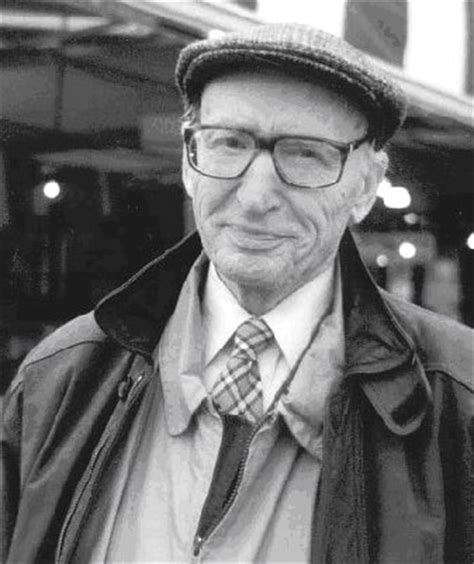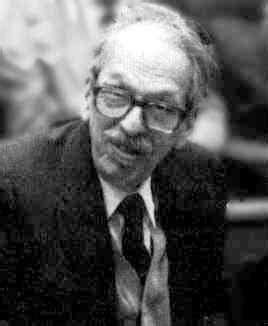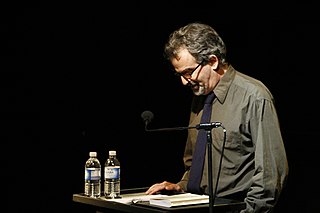A Quote by Octavio Paz
What characterizes a poem is its necessary dependence on words as much as its struggle to transcend them.
Related Quotes
In a poem, the words happen; they just come. I let them. Otherwise, I wouldn't write. To interfere with what is happening is to distort the poem. Just a very small degree of intelligence and supervision is necessary. Very tactful. Any revision later that violates the text as it came, that begins rewriting the words, is fake.
Not only does the universe have its own laws, all of them indifferent to the contradictory dreams and desires of humanity, and in the formulation of which we contribute not one iota, apart, that is, from the words by which we clumsily name them, but everything seems to indicate that it uses these laws for aims and objectives that transcend and always will transcend our understanding.
For we let our young men and women go out unarmed in a day when armor was never so necessary. By teaching them to read, we have left them at the mercy of the printed word. By the invention of the film and the radio, we have made certain that no aversion to reading shall secure them from the incessant battery of words, words, words. They do not know what the words mean; they do not know how to ward them off or blunt their edge or fling them back; they are prey to words in their emotions instead of being the masters of them in their intellects.
The religion of the short poem, in every age and in every literature, has a single commandment: Less is always more. The short poem rejects preamble and summary. It's about all and everything, the metaphysics of a few words surrounded by much silence. …The short poem is a match flaring up in a dark universe.





































